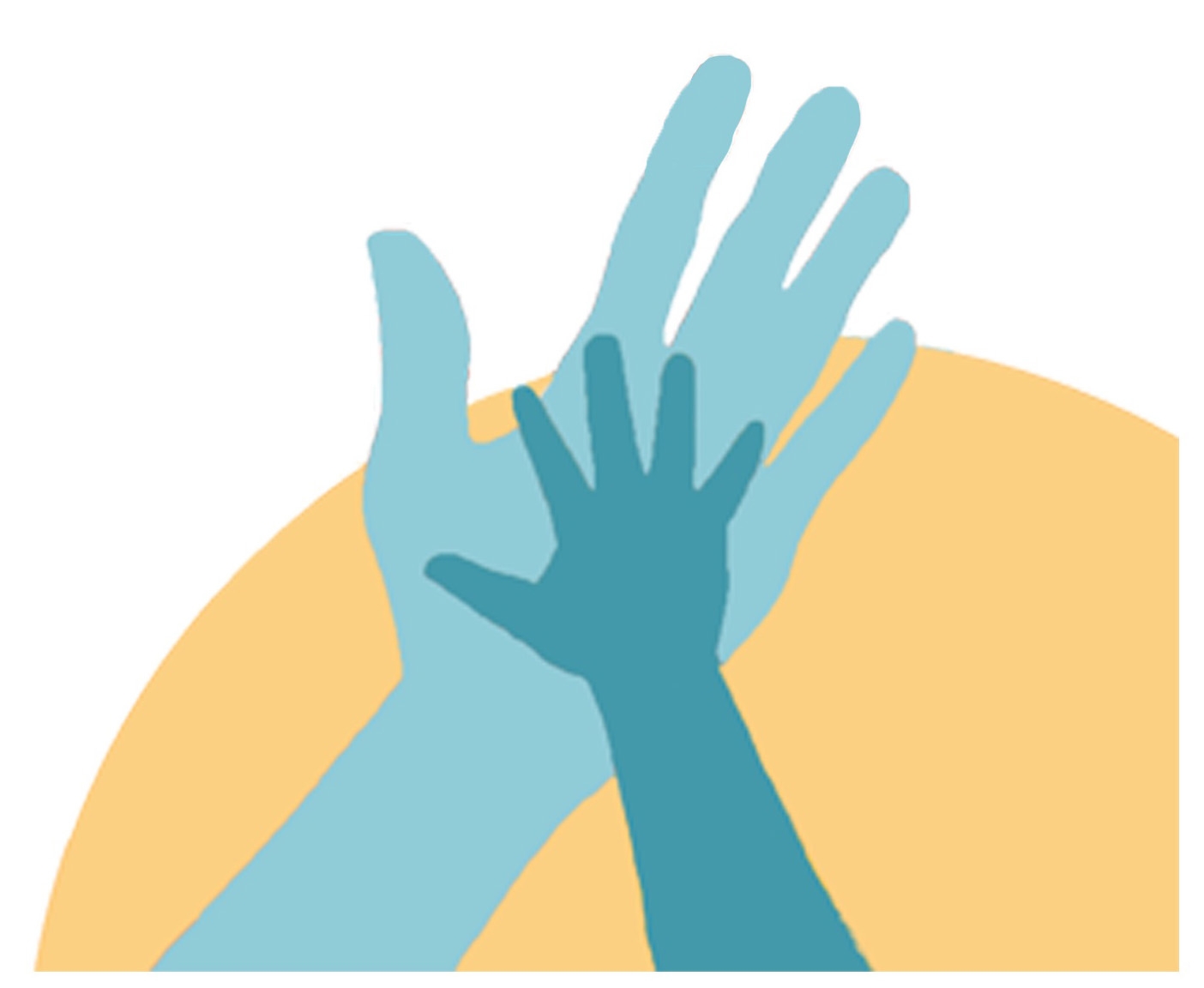What is "beyond good parenting"?
The title, Beyond Good Parenting, is the key and a very strong yet unique exhortation in and of itself. But what is meant by "beyond good"?
While the book’s thrust and it’s lingering message is to go “beyond good,” it is not to do that in a familiar way, such as by doing “more” good or by getting “better.” Our common parlance triggers our unfortunate tendency to grade ourselves (e.g., bad to good) or to assume that I am exhorting parents to go beyond goodness to greatness. Not so, and the real message is not easily grasped at first.
A large sustainable goal from digesting the book or workshop and integrating it into family life is to leave the good-bad gradient, an ancient paradigm, behind and to no longer seek to rate ourselves as parents (nor our children). That freedom from self-rating, by focusing on our normalcy as well as our results (seeing consequences as consequences rather than judgments and evaluations) of our daily interactions between ourselves and our children, is the key to unlocking our own playfulness and to freeing us to free our ourselves and our children to grow with all their natural relational and learning capabilities turned on. What we, our children, and others do, either works or doesn’t. That is what we have to share.
But … this new assessment of behavior is essential in cooperation and partnership. This is not laissez-faire parenting - we are in charge, we are accountable for our children. Our embedded assessment system (yes, systemic) good-bad view cannot be erased, but it can be replaced with something that opens up communication rather than shutting it down, something that not merely replaces its function but transforms communication (no matter the ages or relationships), allowing a true partnership led by a parent or parents.
One important capability that begins to shine from this work is our children's desire to offer and accept help (when wanted or needed) as well as accept and offer affection and appreciation.
To go "beyond good" is to be free to enjoy our children as we and they grow through life, engaged and together. Parenting partners align themselves - past and current feelings or accusations of undermining each other disappear quickly. And mastery of learning anything thrives.
This does not leave us without recourse to change problematic behavior. Behavioral issues among family members, as in other areas of life, are not to be ignored. But now, a new context, a new language, for assessing behavior is proposed, allowing desires to be shared and adjustments to be requested without a threat of loss of intimacy, agency, or belonging. In this context, changes in behavior, whether parental or child, occur at choice and with no or only short-lived emotional upsets (change frequently causes upsets). Living with each other becomes a life-long learning, growing, and fulfilling partnership, saving hundreds of hours over our parenting lifetime that are normally spent on disciplinary strategies, and energy spent attempting to avoid guilt, frustration with a lack of appreciation and fulfillment.
And as parents and children participate with others outside of their family, the possibility of diversity and interdependence is revealed - everywhere.
Final comment: the knowledge is in the book. Success in your family requires, is guaranteed with, support: mentoring, individual coaching or group discussion (recommended).
© 2018

